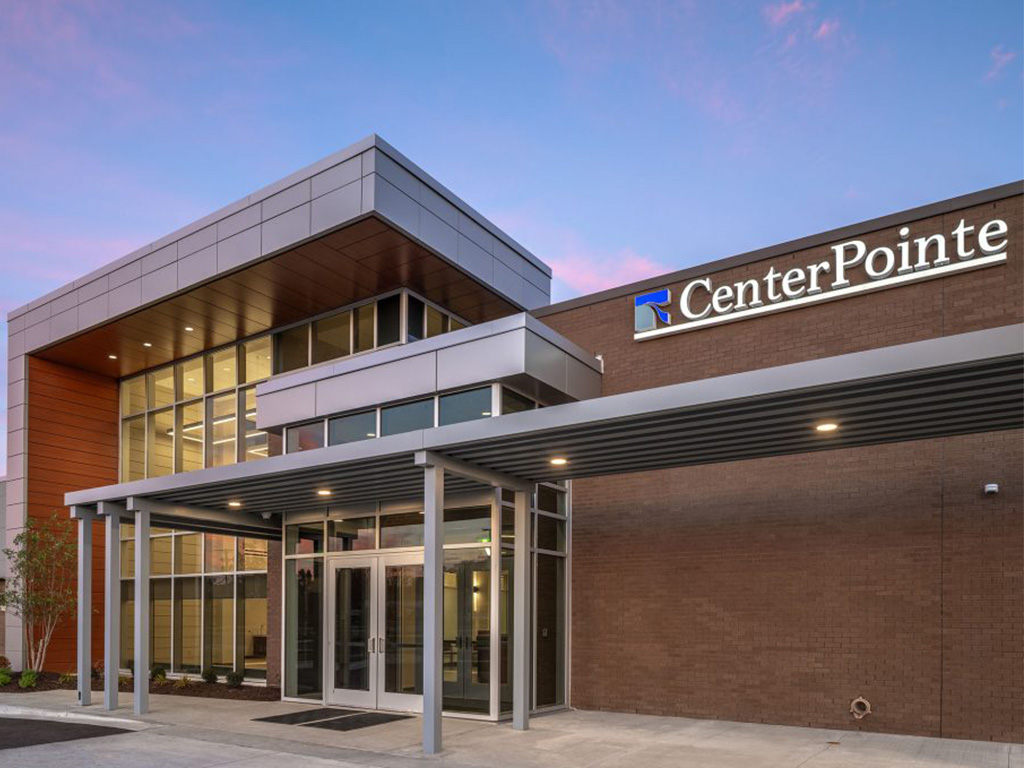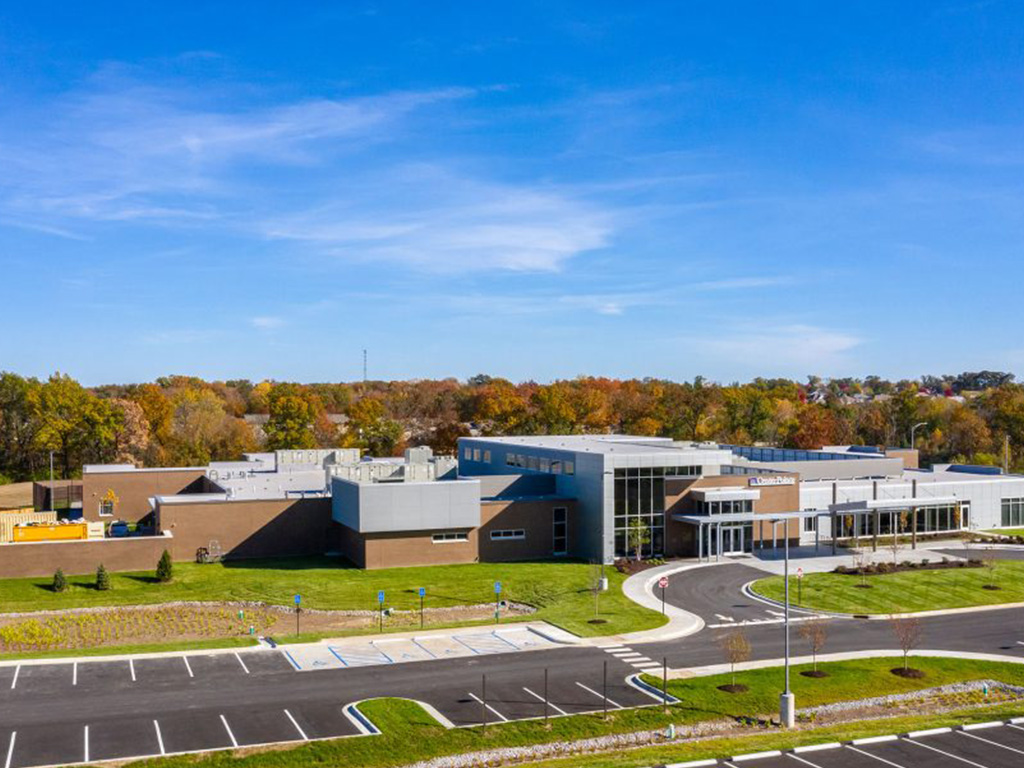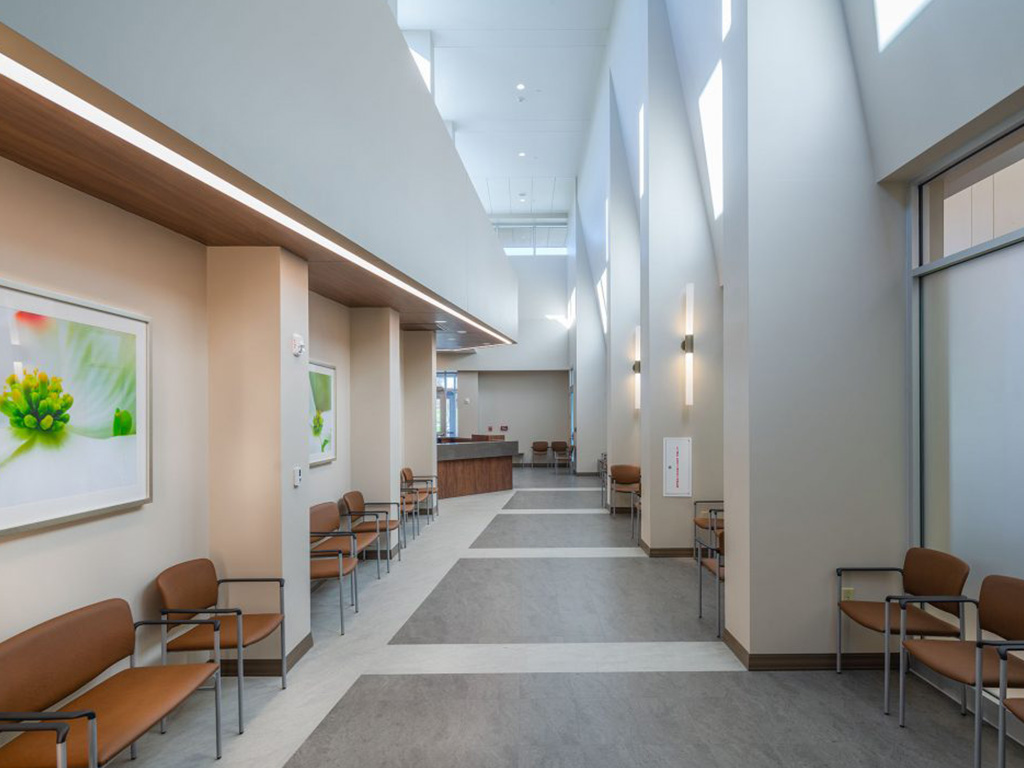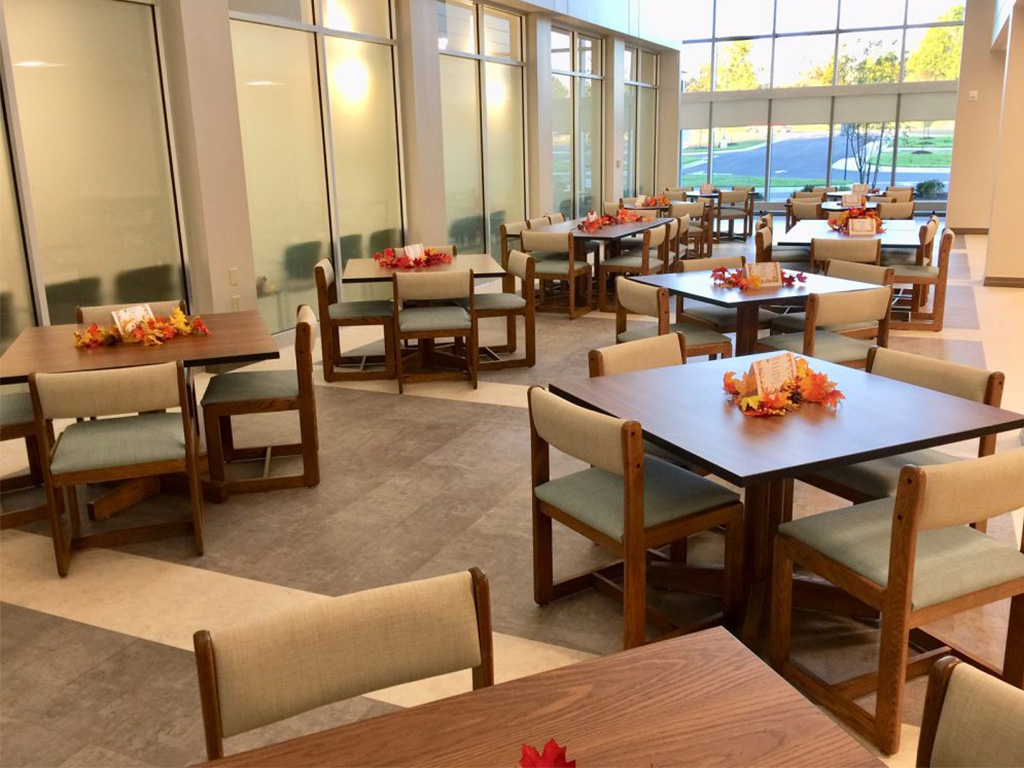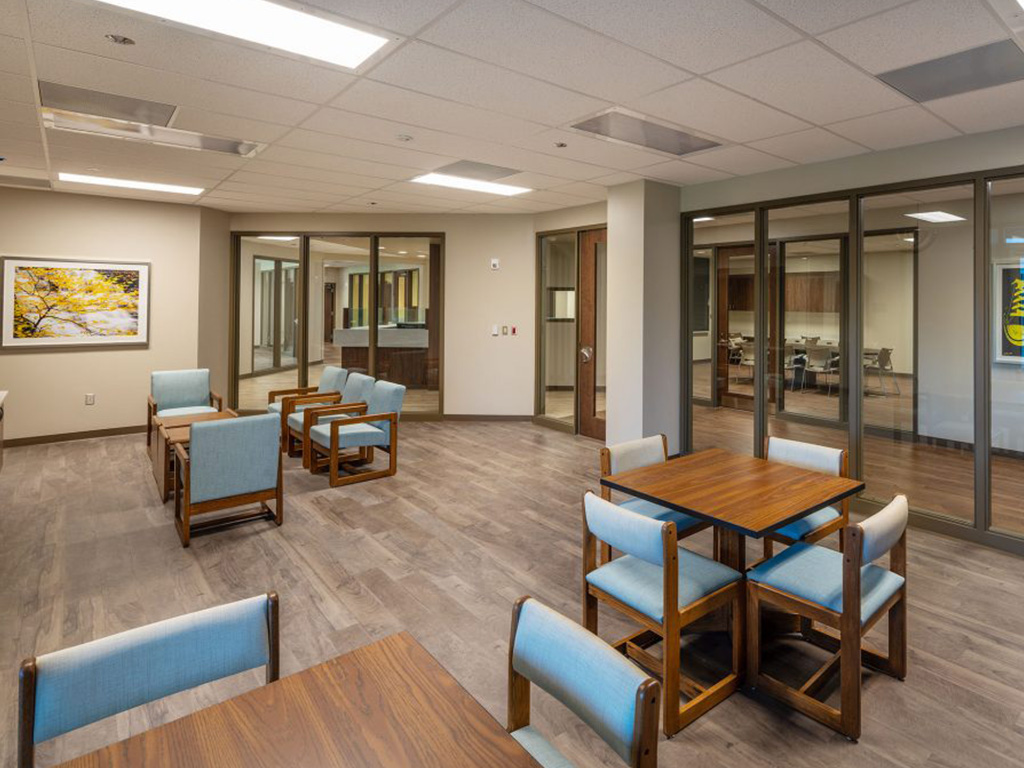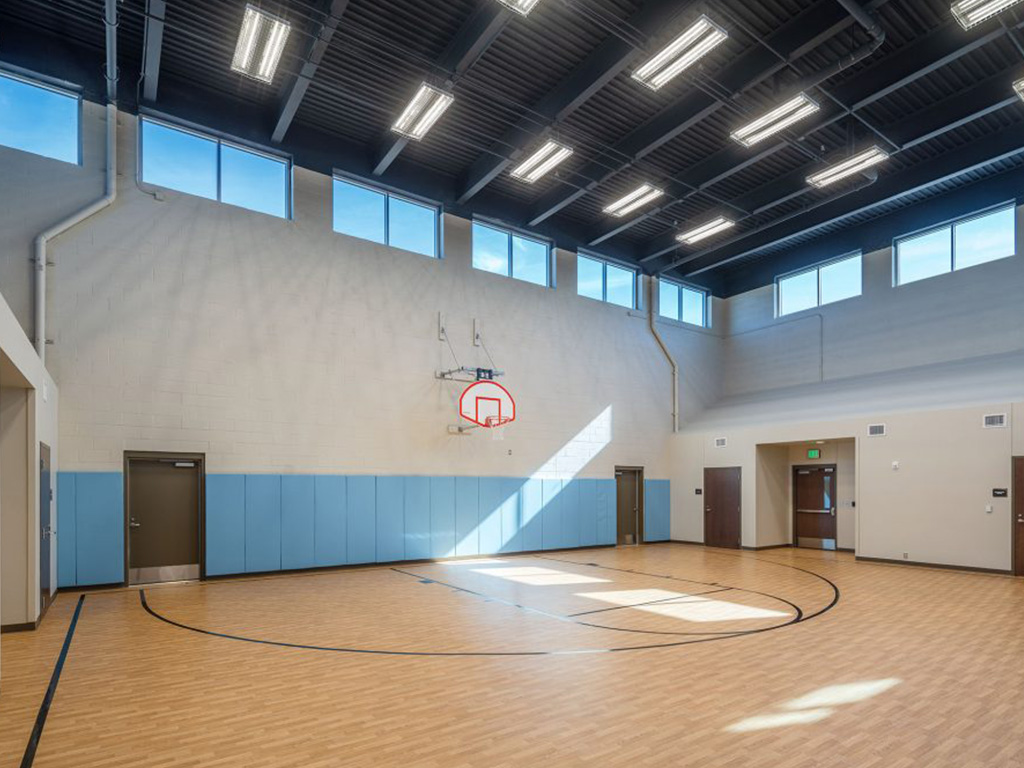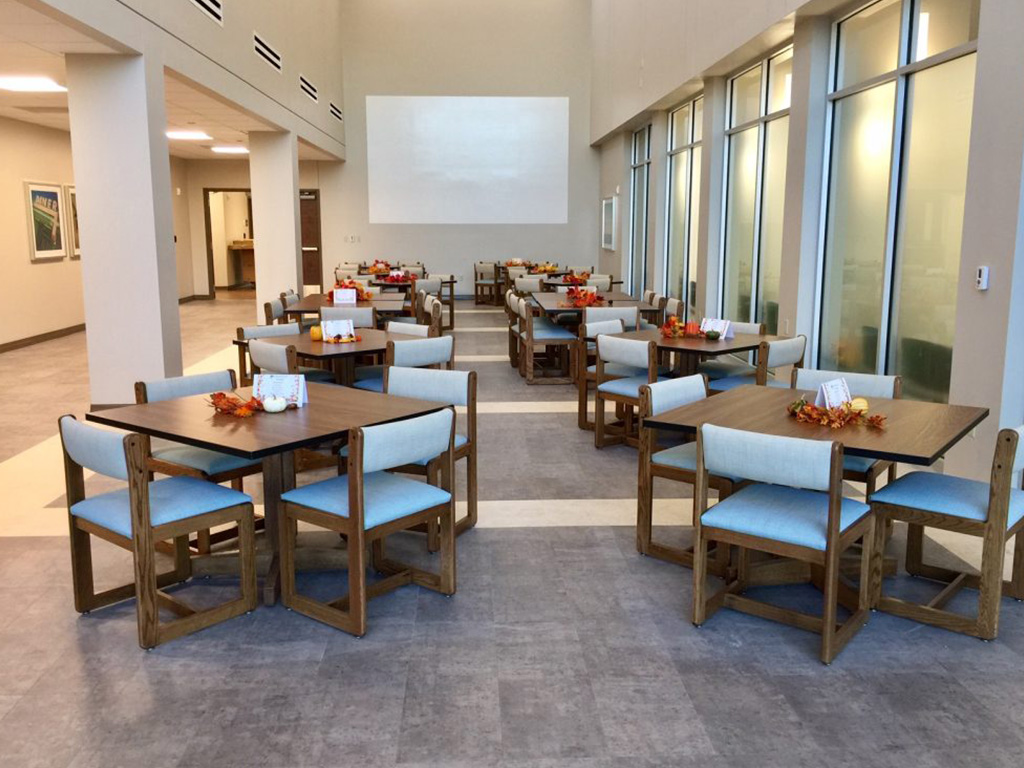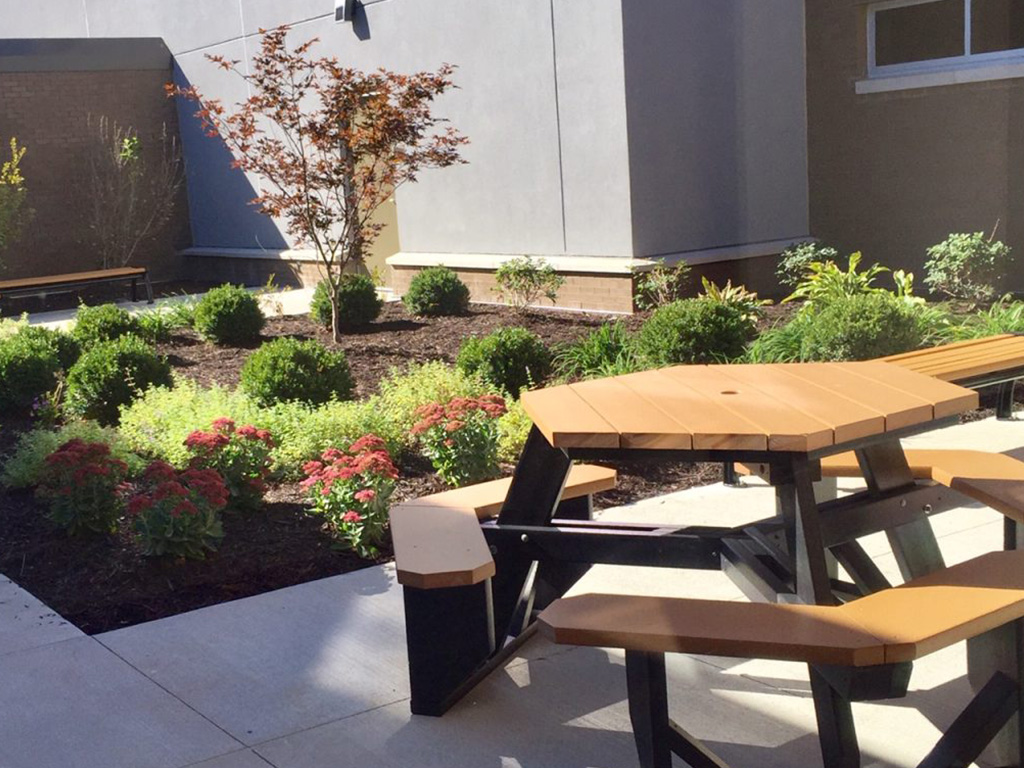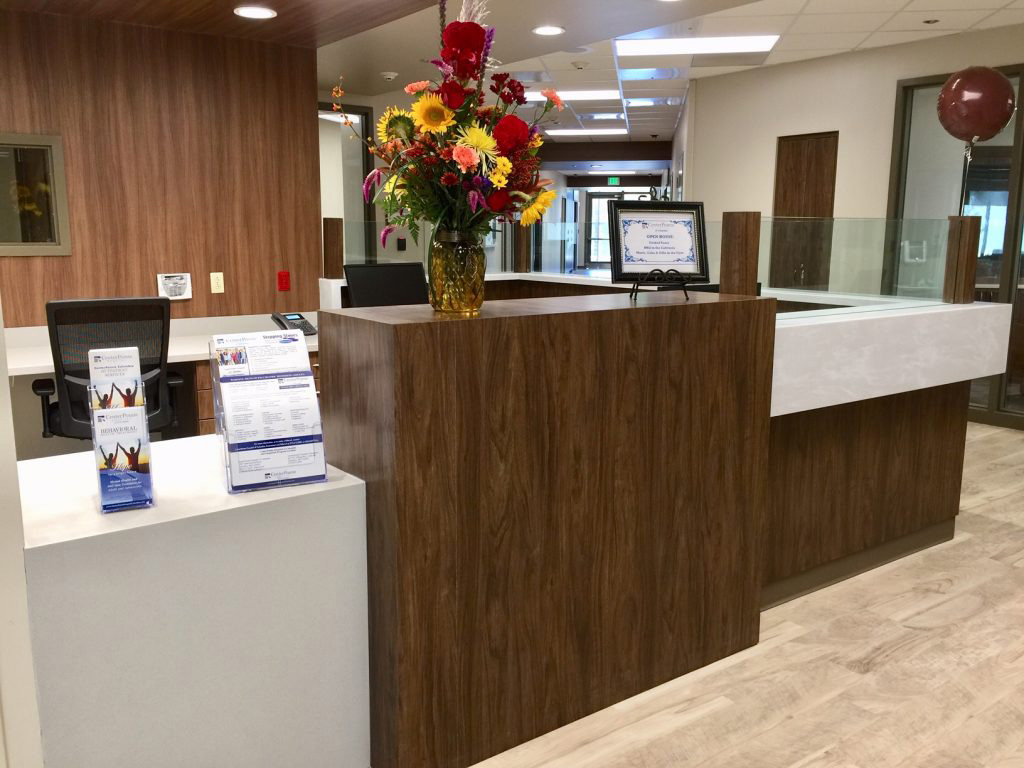Benzodiazepines, which are commonly known as benzos, are prescription medications that are most frequently used to treat anxiety, seizures, and insomnia. When a person takes a benzo as directed by a qualified healthcare provider, they can experience considerable relief from the symptoms that have disrupted their life. However, just because benzos are prescribed by doctors, this does not mean that they are completely safe.
Every year, millions of people in the United States abuse benzodiazepines. Some people abuse benzos in a misguided attempt to self-medicate, while others do so in search of a recreational high. Regardless of why a person begins to abuse benzodiazepines, this behavior can lead to a wide range of negative outcomes, including addiction, overdose, and death.
Benzodiazepine addiction is a chronic, progressive disease. This means that, in the absence of effective treatment, it may only get worse over time. But benzo addiction is a treatable condition. With proper care, people who have developed addictions to benzos can end their use of these dangerous drugs and achieve long-term recovery.
Signs & Symptoms of Benzodiazepine Addiction
The symptoms of benzo addiction can impact how a person thinks, feels, and acts. The following are common signs and symptoms of benzodiazepine abuse and addiction:
- Significant changes in mood and attitude
- Excessive drowsiness and diminished energy
- Blurred vision and slurred speech
- Dizziness, muscle weakness, and impaired coordination
- Using benzos in greater amounts or for a longer time than directed by their doctor
- Trying to buy, borrow, or steal benzos that were prescribed to someone else
- Visiting several doctors in an illicit attempt to get multiple benzodiazepine prescriptions
- Needing to use larger amounts of benzos to achieve the desired effects
- Lying or being otherwise deceptive about the amount and frequency of their benzo abuse
- Using benzodiazepines in ways that are clearly hazardous, such as taking them in combination with alcohol or other drugs
- Frequently missing school or work as a result of their benzo abuse
- Failing to meet personal or professional responsibilities because they are abusing or recovering from the use of benzos
- Continuing to abuse benzos even after experiencing negative effects that are directly related to prior use
- Developing distressing physical and psychological symptoms when they can’t acquire and use benzos
- No longer participating in activities they used to enjoy
- Pulling away from family and friends
- Trying to stop abusing benzos but being unable to do so
Someone who exhibits the signs and symptoms of benzo addiction may be in grave danger. To determine the scope of their needs, they should consult with their doctor or contact a reputable benzo addiction treatment center such as CenterPointe Hospital of Columbia. Completing a thorough assessment and receiving an accurate diagnosis are two important steps on the path to treatment and recovery.
Benzo Addiction Statistics
The following statistics about benzodiazepine abuse and addiction in the United States are from the National Institute on Drug Abuse (NIDA):
- About 12.5% of adults (or more than 30 million people age 18 and older) used a benzodiazepine in the past year.
- Researchers estimate that about 2% of people who used benzodiazepines developed an addiction to the drugs.
- Among adults who used a benzo in the previous 12 months, 17.1% (or about 5.2 million people in this demographic group) engaged in benzo abuse.
- 80% of adults who abused benzos said that they got them from family members or friends.
- 46% of adults who intentionally misused benzos in the past year said that their goal was to relax or relieve tension.
- 11.8% of people who engaged in benzo abuse said that they did so to experience a recreational high or because they felt compelled to use the drug.
In a separate report, NIDA revealed that the annual number of drug overdose deaths involving benzodiazepines rose from 1,135 in 1999 to 12,290 in 2020.
Benzodiazepine Addiction Causes & Risk Factors
No one is immune from addiction, but certain influences can increase a person’s likelihood for developing a substance use disorder. Risk factors for benzo addiction include the following:
- Family history of mental illness or addiction
- Prior substance abuse
- Developing a physical or mental health condition that is treated with a prescription benzodiazepine
- Personality traits such as impulsivity and novelty-seeking
- Using benzodiazepines at a young age
- Genetic variations
Potential Effects of Untreated Benzo Addiction
Untreated benzo addiction can cause a variety of negative effects, such as the following:
- Memory problems and other forms of cognitive decline
- Physical injuries due to impaired coordination or impulsive behaviors
- Sexual dysfunction
- Premature birth and low birth weight
- Development or worsening of co-occurring mental illnesses
- Abuse of other addictive substances
- Conflicts with friends and family members
- Poor performance at work or in school
- Difficulty finding and keeping a job
- Social isolation
- Suicidal ideation
- Overdose
- Death
If you have been struggling with a benzodiazepine addiction, don’t believe the myth that you have to hit rock bottom before you can get help. The longer you delay getting treatment for a benzo addiction, the greater your risk becomes for significant harm, including death. But when you enter a benzo addiction treatment center, you can put yourself on the path to improved health and recovery.
Levels of Care for Benzodiazepine Addiction Treatment
When you are evaluating your options for benzo addiction treatment, it is important to understand the features and benefits of both inpatient and outpatient care. At CenterPointe Hospital of Columbia, our continuum of care for benzodiazepine addiction includes the following three levels:
- Inpatient treatment: At the inpatient level, we offer separate units for adults and senior adults. Both of these units feature full days of treatment, multiple types of therapy, nutritious meals, and round-the-clock care. We do not have a strict age distinction between these units. Our senior unit may be the optimal environment for patients whose struggles with benzo addiction are accompanied by certain age-related concerns.
- Intensive outpatient program (IOP): Adults who receive benzo addiction treatment through our IOP attend sessions three days per week, three hours per day, for a total of nine weekly hours of care. Group therapy is the main method of treatment at the IOP level, with family therapy sessions available on an as-needed basis. Also, patients who receive medication management services may meet with a psychiatrist once each week.
- Traditional outpatient services: At the traditional outpatient level, patients meet with either a psychiatrist or a nurse practitioner for individual sessions. These sessions may be scheduled at the frequency that best meets each patient’s needs and preferences. Traditional outpatient treatment for benzo addiction can be a source of ongoing support as patients work to maintain their recovery.
Some patients begin with inpatient treatment for benzo addiction and then step down to the IOP or traditional outpatient level for additional help. Others may enter and exit treatment at the same level. At CenterPointe Hospital of Columbia, we base our level-of-care recommendations and other treatment-related decisions on what is best for each patient.
Types of Treatment for Benzo Addiction
Effective treatment for benzo addiction can involve several therapies and services, including the following:
- Detoxification
- 12-Step education and support
- Medication management services
- Basic medical care
- Motivational interviewing
- Acceptance and commitment therapy (ACT)
- Dialectical behavior therapy (DBT)
- Cognitive behavioral therapy (CBT)
- Transcranial magnetic stimulation (TMS)
- Individual, group, and family therapies
- Art and music therapy
Please note that the composition of a person’s treatment plan can be influenced by several factors, including their age, how long they have been struggling with a benzo addiction, if they have a co-occurring mental health concern, and what level of care they are currently in. Some of the services listed above may not be offered at every level of care.
How to Find the Right Benzodiazepine Addiction Treatment Center
When you are trying to find a benzo addiction treatment center, asking the following questions can help you identify the provider that’s right for you:
- What levels of care does your benzo addiction treatment center offer?
- How will your team decide which levels of care are right for me?
- What types of therapy and support services do you provide?
- Do you develop individualized plans for every person who takes part in benzo addiction treatment at your facility?
- How will you select the elements of care you will include in my benzo addiction treatment plan?
- What is the typical length of stay for people who receive treatment for benzodiazepine addiction at your center?
- How will you determine how long I need to remain in treatment?
- Can you tell me about the qualifications, experience levels, and areas of specialization of the people who provide care at your facility?
- Do you offer family therapy or other services for the loved ones of people who are receiving treatment for benzo addiction at your facility?
- What types of discharge planning or aftercare support do you offer?
- Does your benzo addiction treatment center accept my insurance?
When you contact CenterPointe Hospital of Columbia, you will speak with a friendly member of our team who will be happy to answer these and any other questions you have. We want you to have all the information you need so that you can make the best choices about your treatment for benzo addiction. This commitment to patient empowerment begins with your first call to our hospital and continues throughout your time in our care.
This content was written on behalf of and reviewed by the clinical staff at CenterPointe Hospital of Columbia.
